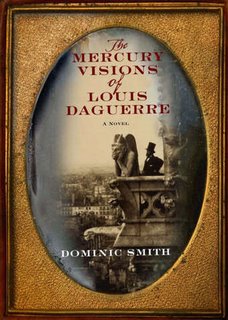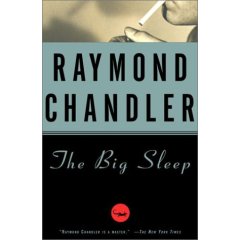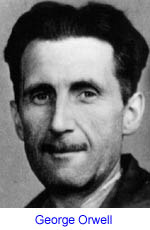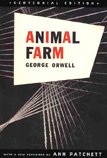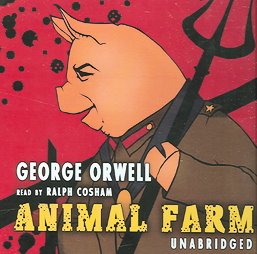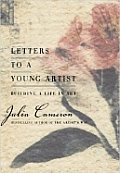
# Hardcover: 176 pages
# Publisher: Tarcher, 2005
# Price: $19.95
# ISBN: 1585424099
I can hardly see the author (or her letter-writing character), perched on so high a post, talking down to the lowly young artist. Letters to a Young Artist may serve well to discourage if not batter the fledgling artist before he or she has even had a chance to find their own voice and style. Those less fledgling may simply toss it with some degree of disgust at the arrogance and cliche treatment of the artistic process. It's not so much that there isn't the occasional grain of truth in the advice given, as that the occasional grain is lost in its tone and cavalier treatment.
This collection of letters is too obviously constructed for a book and is not an authentic exchange with an authentic questioner. Indeed, author Julia Cameron makes it clear these letters are a hodge podge of those she says she receives from fans, a conglomerate of questions and wonderings, seeking guidance and inspiration.
"Dear X" is the salutation heading up this collection of fabricated letters. That alone rather puts one off as lacking in authenticity (or semblence of), abundant only in added chill. How much better to give a letter writer a name, a voice, a persona that would come alive for the book reader. More often than not, the letters begin with a weakly disguised "you write that..." as segue for the missing letter in the exchange. It would have been far more fascinating to have been able to read both sides to this conversation.
Cameron's style (she takes on the voice of an elderly male writer, which in itself lacks authenticity and leaves me wondering - why?) is brash and bullying. Her advice, what there is of it, is so obvious that it offers little value. Mostly, it reads like one long brag perhaps constructed only of hot air (only the dissatisfied are bullies?). Here and there, inexplicably interspersed with literary advice, is advice for the lovelorn. Again, why?
This effort pales in comparison to similar efforts to offer beginning writers a hand up, done brilliantly, and I suggest those searching for such will find much more satisfaction, advice, and encouragement in Annie Dillard's The Writing Life, Rainer Marie Rilke's Letters to a Young Poet, Joyce Carol Oates' The Faith of a Writer, Anne Lamott's Bird by Bird, Stephen King's On Writing, or a long list of others.

